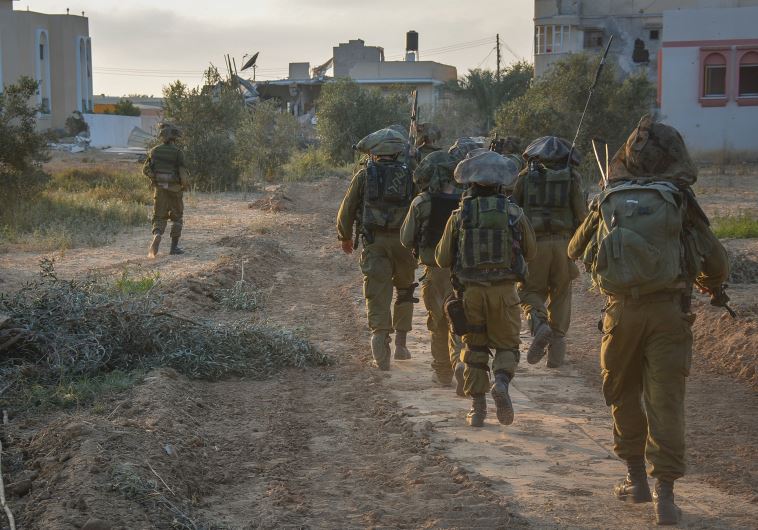Special report: Netanyahu and the defense establishment's failures in the 2014 Gaza war
The report cites major failings from the prime minister, defense establishment, security cabinet, and others which could have cost the country dearly.
 IDF FORCES operate inside the Gaza Strip during Operation Protective Edge(photo credit: IDF SPOKESMAN’S UNIT)Updated:
IDF FORCES operate inside the Gaza Strip during Operation Protective Edge(photo credit: IDF SPOKESMAN’S UNIT)Updated: